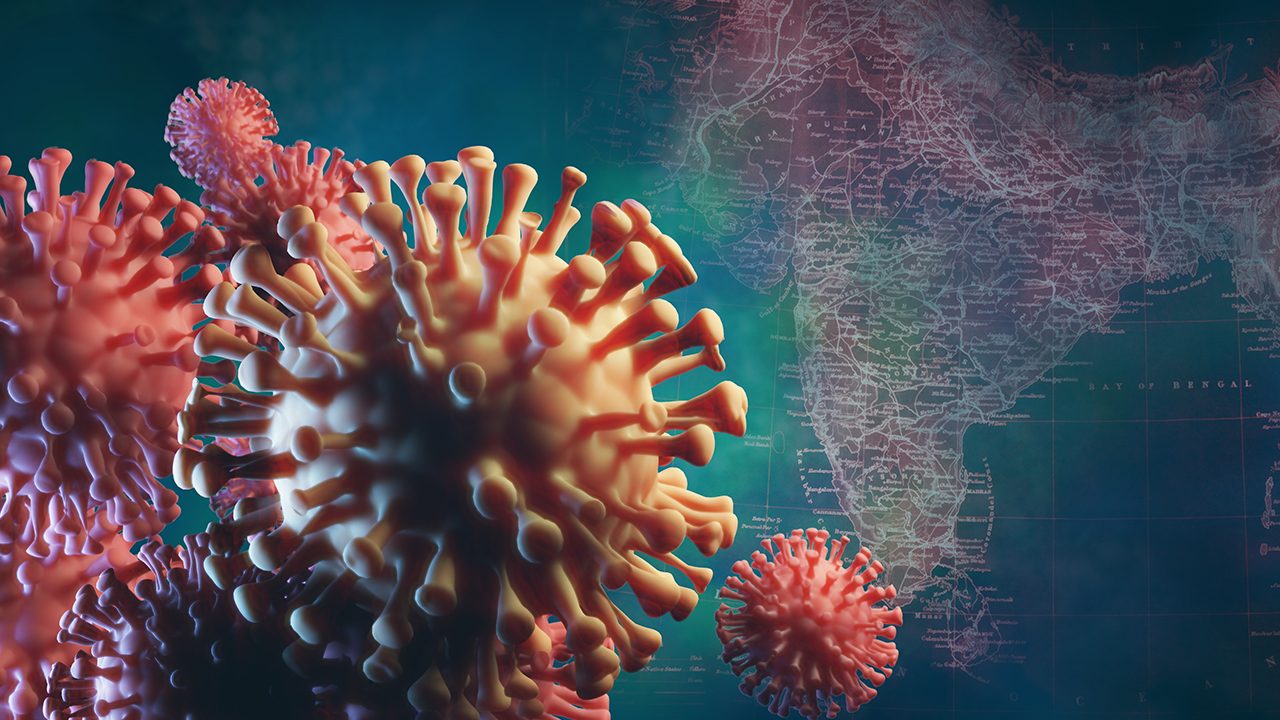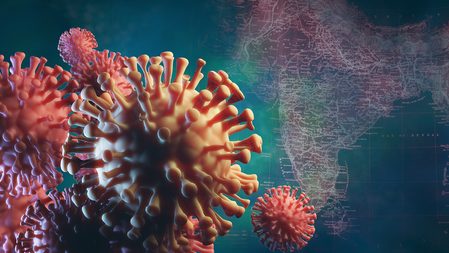SUMMARY
This is AI generated summarization, which may have errors. For context, always refer to the full article.

The Department of Health (DOH) said on Saturday, May 15, that three of the close contacts of the overseas Filipino worker (OFW) found with the COVID-19 India variant have tested positive for the coronavirus disease.
Health Undersecretary Maria Rosario Vergeire said at the Laging Handa briefing on Saturday that the DOH has submitted the sample of one of the COVID-19 positive contacts for whole genome sequencing. This is in order to know if that close contact carries the COVID-19 India variant.
She said the DOH is still trying to locate the other two positive contacts.
The three are among the 32 people that the 58-year-old Filipino came in close contact with on his flight back to the Philippines from the United Arab Emirates. Vergeire said of the 32, 28 tested negative and one is being verified by the DOH because the individual is not in their COVID-KAYA database system.
The 58-year-old Filipino is one of country’s first two cases of B1617, dubbed a “double mutant” variant, which is believed to be driving the surge in infections in India.
The other case is a 37-year-old Filipino male seafarer from Oman, who came in close contact with six others on the plane back to the Philippines. Vergeire previously said that this man came in close contact with 13 people.
Out of the six, three tested negative for COVID-19, based on a real-time reverse transcription polymerase chain reaction (RT-PCR) test, Vergeire said. The DOH is still looking for the other three, because their names don’t match those on the flight manifesto provided to them.
The COVID-19 India variant was dubbed a “double mutant” because it contains two mutations: the L452R and E484Q mutations which could help the virus evade an immune response. These two mutations affect the virus’ spike protein – the basis of COVID-19 vaccines.
Meanwhile, the number of new COVID-19 cases, average daily attack rate, transmission rate, and growth rate in the National Capital Region (NCR) have decreased, said Vergeire, which paved the way for the lifting of restrictions in “NCR Plus” or Metro Manila and the provinces Cavite, Rizal, Laguna, and Bulacan.
However, local governments must shorten the period between their detection of the disease and the time these patients are isolated. It currently takes an average of 9 to 11 days before a COVID-19 infected person is isolated, she said, but the government is working to bring this number down to about 5.5 days. – Rappler.com
Add a comment
How does this make you feel?

There are no comments yet. Add your comment to start the conversation.